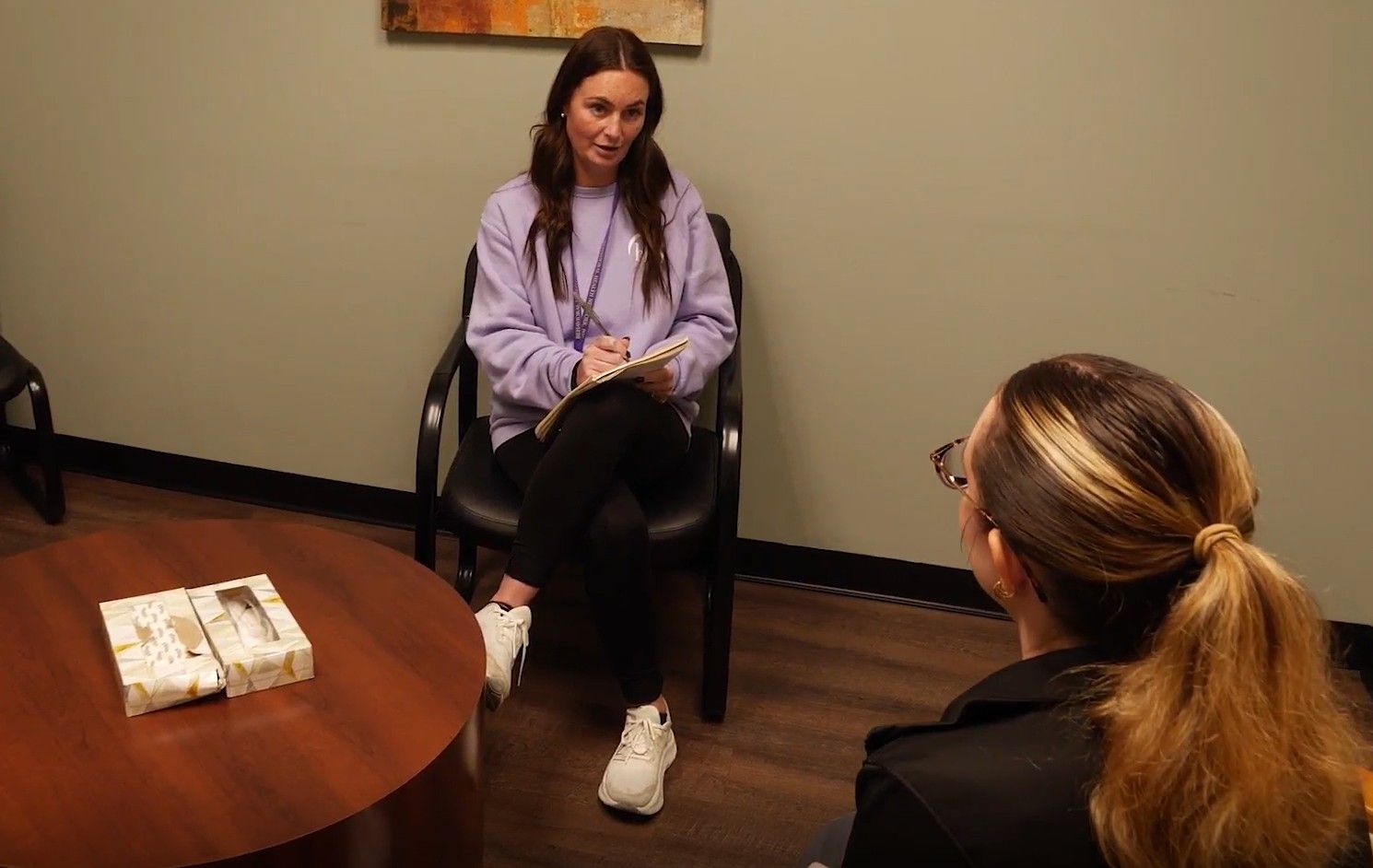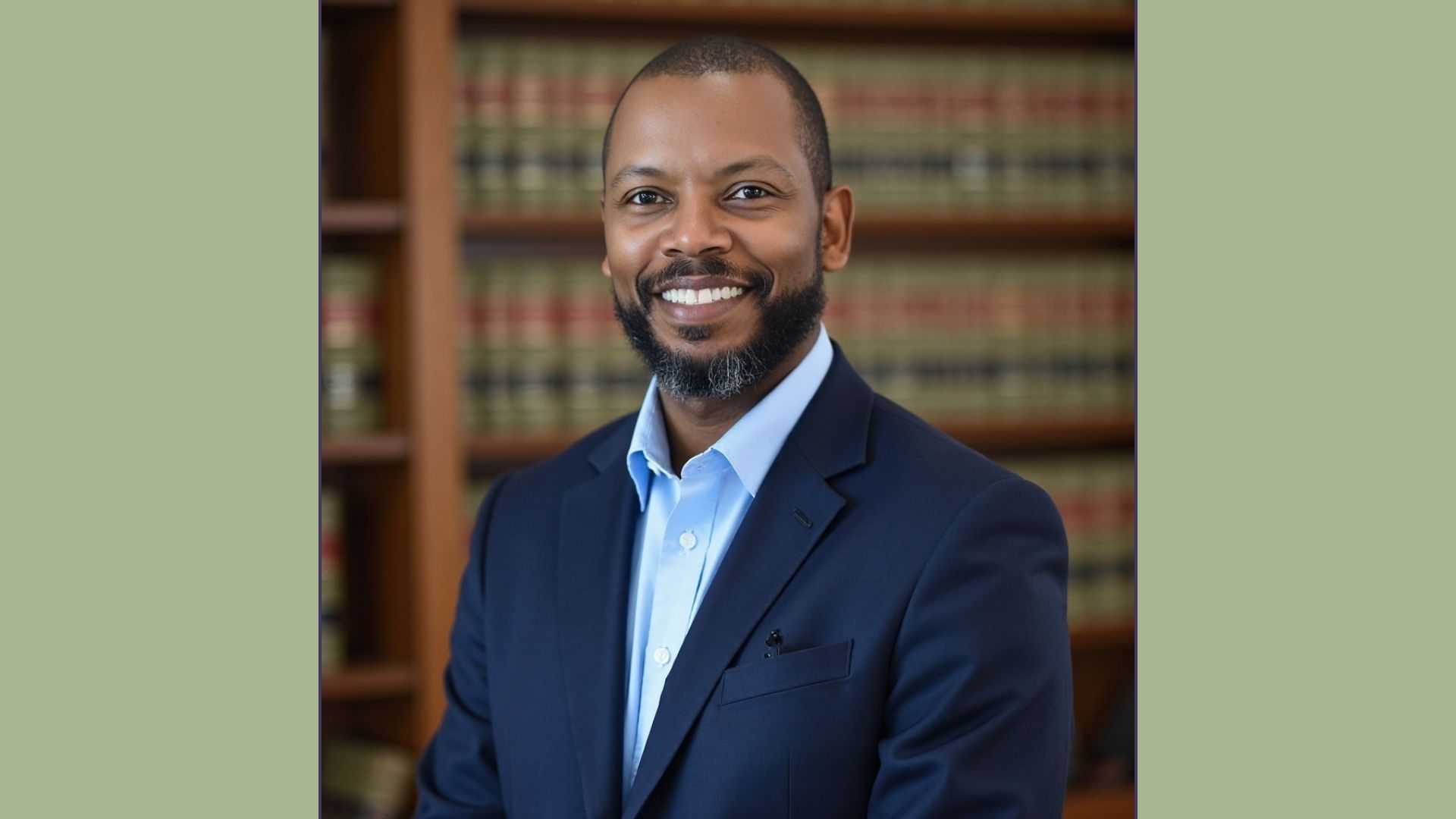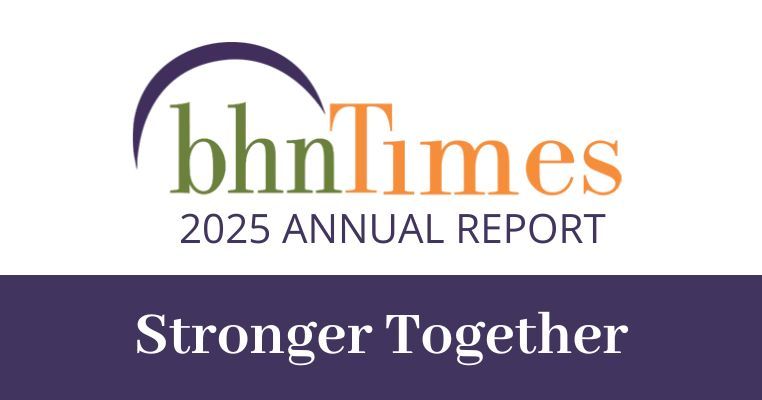Helping Your Child Cope with Back-to-School Anxiety
Jean A. Fater, Program Director for Children and Youth Outpatient Services at BHN WellBeing in Westfield was recently featured in the Republican's Better Health Section.
By CORI URBAN
Everything that is new about the beginning of a school year — new teacher, classroom, schedule, subjects, friends, bus route, lunch and recess routine — can be exciting for some children, but for others, it can all just be a source of anxiety.
“Anxiety is a normal response to life stressors. We need anxiety to help us focus on important things; to keep us safe in the face of danger, to help us focus and accomplish critical tasks,” explained Jean A. Fater, program director for Children and Youth Outpatient Services at BHN WellBeing Center for Community Behavioral Health in Westfield. “It becomes a serious concern when we cannot control it and it becomes excessive, interfering with our normal functioning.”
Anxiety is defined as excessive worry, or apprehensive expectation, about events or activities that one finds difficult to control. For someone to receive a diagnosis of anxiety the symptoms must occur more days than not for at least six months, and it must cause some impairment in daily functioning. Often people will feel anxious for a short time in anticipation of an event such as the first day of school, but it doesn’t reach the level of a disorder.
Fater has one young client transitioning to a new elementary school who recognized that his anxiety was keeping him up at night. He likes little notebooks and practicing his new ability to write. He decided that when he is worried at bedtime, he will write his worries in a notebook kept at his bedside so they will be there to discuss with his mother in the morning and he doesn’t have to think about them all night. “He has been able to use the notebook to prompt conversations with his family and create plans to address his concerns about the bus schedule and lunch,” Fater said. “For some children, anxiety is driven by all the unknowns a new school year brings.”
There is no definitive cause of anxiety. “It is likely to involve a combination of environmental, genetic, developmental and psychological factors,” said Fater, who has a master’s degree in Mental Health Counseling and Expressive Arts Therapies from Lesley University in Cambridge. “It does seem to run in families, so genetics is considered a risk factor.”
Environmental factors include stressful or traumatic events which have been associated with anxiety disorders. “We see anxiety quite often in children and adolescents who have experienced complex trauma,” she added.
Anxiety is diagnosed by a clinician after a comprehensive assessment of a person’s biopsychosocial history including his or her functioning across life domains. The assessment might include a standard measure such as the GAD-7 for General Anxiety Disorder. The criteria consider the intensity and duration of feelings of distress and the negative impact on functioning across domains. One can be diagnosed with General Anxiety Disorder or a specific anxiety disorder such as social anxiety disorder, separation anxiety disorder or agoraphobia.
Anxiety can look different for each person, but some of the common manifestations are restlessness or edginess, fatigue, difficulty concentrating, unusual irritability, muscle tension and sleep disturbances. Children may also try hard to avoid the situation that is causing anxiety.
“We know that quality of sleep is important to good health so it’s important to address sleep disturbance,” Fater said. “That and feelings of restlessness and muscle tension and general fatigue can wear down the immune system and leave children subject to illness.”
If anxiety is causing a child to have difficulty concentrating, the child is not going to absorb new academic material. “School performance is also impacted by lack of quality sleep. Even if the anxiety is not causing a child to have difficulty concentrating, humans don’t learn well when we are tired and irritable, and we don’t get along well with others,” Fater said.
Diet and exercise must also be considered when dealing with anxiety. “There is a great deal of research that shows exercise as beneficial in reducing stress, improving sleep and mood. Exercise has been shown to decrease sensitivity to the body’s reaction to anxiety. Exercise is also a proactive way to release tension,” Fater said. “We always promote movement and playful activity to folks of all ages dealing with stress and anxiety. Even a short walk can make a difference.”
The National Institutes of Health reported a correlation between diet and anxiety, noting associations between high anxiety and high fat, high sugar and highly refined carbohydrate diets. “A similar association was found between lower anxiety and higher fruit and vegetable consumption, eating breakfast and consuming omega-3 fatty acids (found mostly in fish). More research is needed in this area,” she added.
If children are anxious about new situations and events, they may also refrain from participating in activities they might actually enjoy and miss opportunities to engage and learn. “A big part of school performance is social and emotional education. When we are tired, we lose our patience, we don’t follow directions well, and our decision making is impaired,” Fater said. “Children can become very reactive and then ostracized when others avoid them. They lose that sense of connection with peers.”
Her general approach is to teach children what is going on in their brain when they are anxious. “We listen to their concerns, validate them and ask the child to figure out a plan or response so they learn to be empowered,” she said, adding that children are taught grounding skills — so they have a way to regulate when they feel out of control — and to anticipate the distress, put a name to it, and increase their capacity to tolerate it. Children are reminded that anxiety is a normal fact of life and how to use it wisely.
Anxiety is not something she tries to cure. “A measure of anxiety keeps us safe, teaches us about our limits and is necessary for motivation. We strive to teach folks how to anticipate it and to limit anxiety’s negative impact on functioning. They can learn to cope with these feelings and to thrive,” she said.
Parents and caregivers can help themselves and an anxious child by planning something fun, getting exercise, being well rested and allowing extra time to deal with conversations about what is causing the worry. Anticipate some of the concerns your child might have and create plans as a family. Solicit input from the children. Prepare yourself. “And remember that you are not alone. Reach out to other families or school resources if you need support. Back-to-school is a community event,” Fater said.
Learn more about BHN's Children, Youth and Family Services or call 413-301-WELL (9355).
SHARE
Topics

Newsletter Sign-Up
Sign-up for our newsletter to receive updates on what's happening at BHN.




